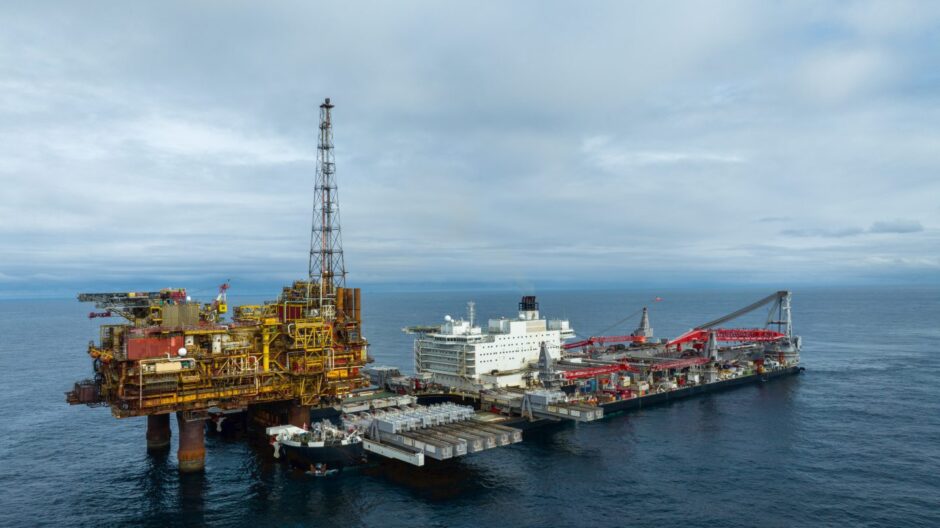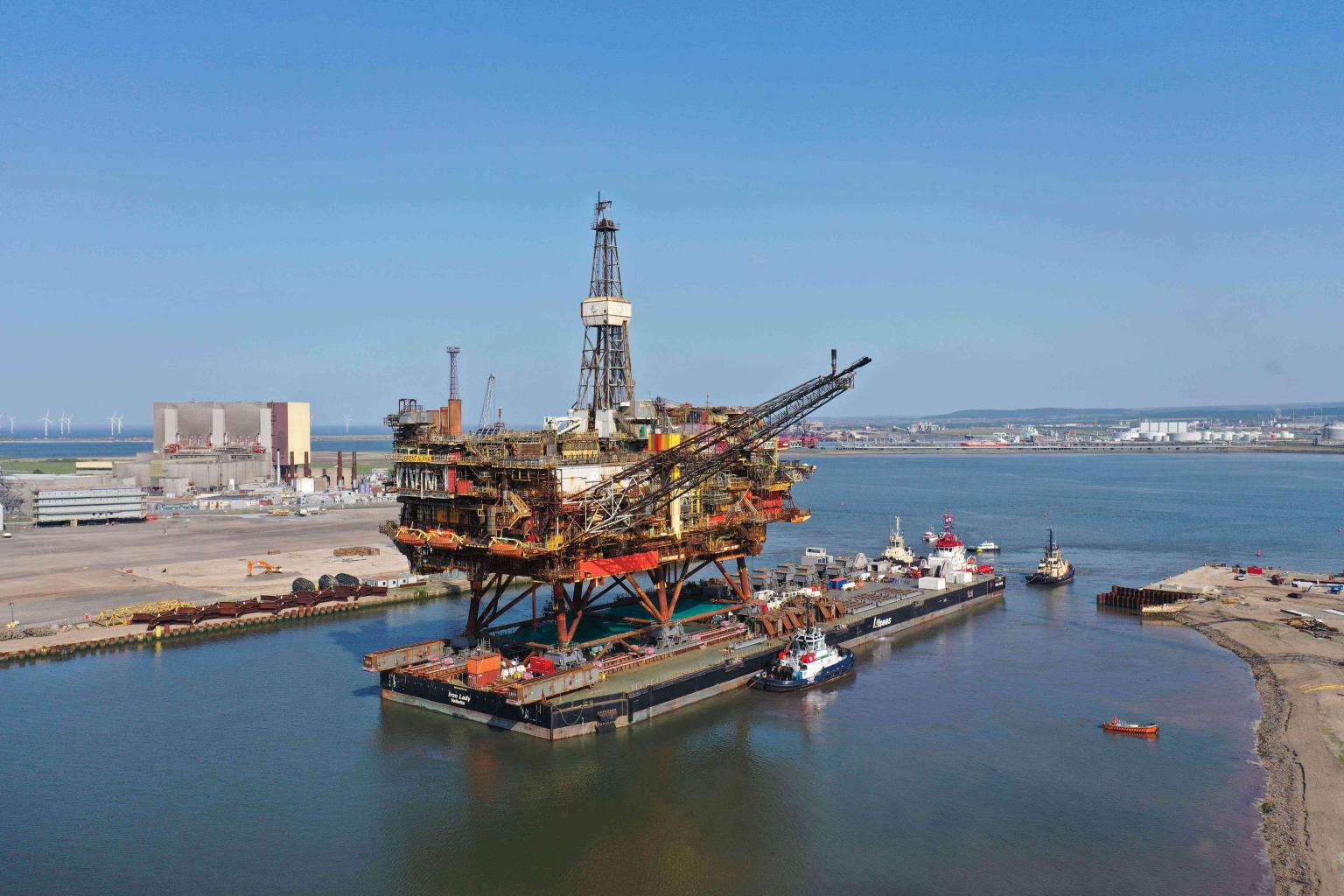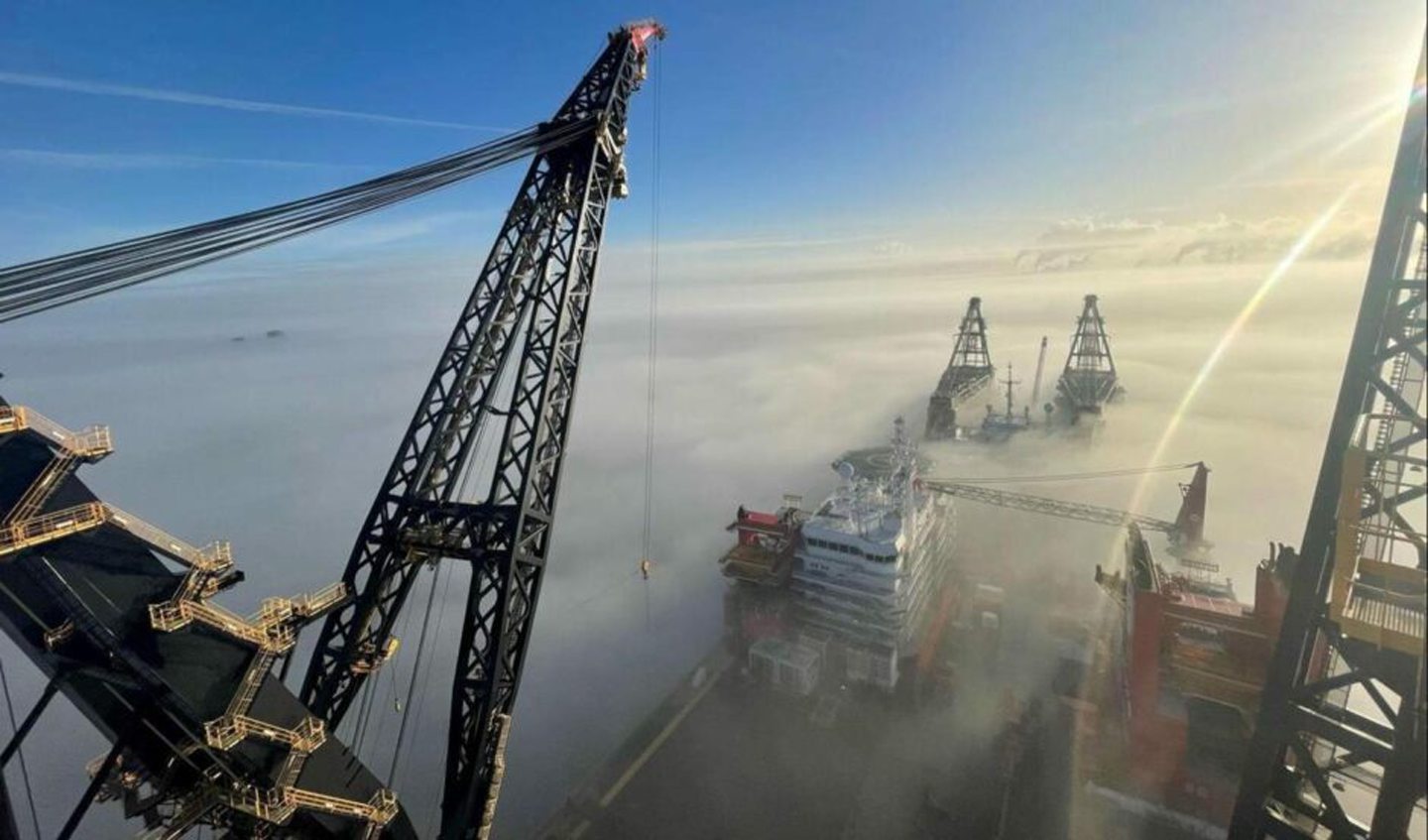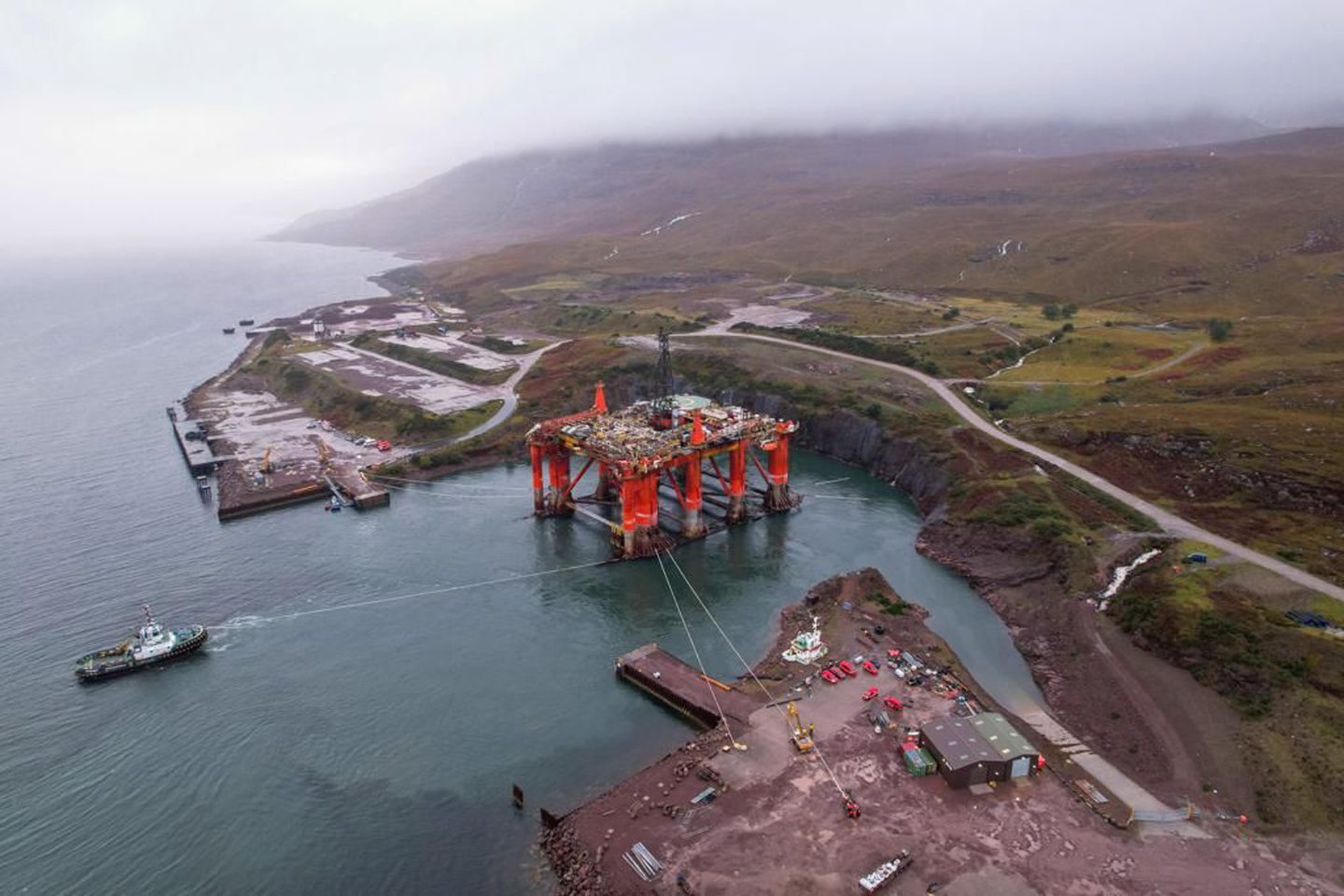
The North Sea regulator has urged operators to show “commitment” to the UK supply chain to increase local content in decommissioning.
Speaking at an industry event, North Sea Transition Authority (NSTA) head of supply chain Bill Cattanach said operators need to do more than simply talk about collaboration.
“For me, as an industry we hear an awful lot of the word collaboration [and] sometimes I wonder if it’s overused,” he said.
“I’ve heard about [collaboration] today, I’ve got another ‘c word’ that I think is very important. It’s commitment.
“If we can commit to things in the supply chain early enough… it gives the supply chain time to innovate and be ready for [work].”
Cattanach’s comments came as Offshore Energies UK (OEUK) released its latest insight report which showed the sector spent “more money doing less” due to rising costs and supply chain challenges.
By demonstrating commitment and building longstanding partnerships with supply chain firms, Cattanach said operators can deliver work more efficiently and foster innovation.
He pointed to Shell’s decommissioning of the four Brent platforms, which began with the removal of Brent Delta in 2017.
Shell committed to using a single UK yard throughout the Brent decommissioning programme at an early stage, which Cattanach said benefited both parties.
“I think the word commitment is extremely important and we do need to commit to the supply chain,” he added.
“Because if we don’t, they’re going to leave the [North Sea] basin, and that’s across the whole [sector], well plugging and abandonment and everything.”
‘Bow wave’ of activity ahead for UKCS
Cattanach said operators need to start preparing now for the “bow wave” of decommissioning activity ahead for the UK continental shelf (UKCS).
“We’ve got to give the supply chain early commitment so that they can be there ready to do it,” he said.
“[There are] 114 pieces of infrastructure to be removed between now and 2030, and I wonder how many of the operators of that infrastructure have actually been out to engage with the market letting them know what’s coming.
“My understanding is that the heavy lifters are going to be so busy that we might not even get the attention in the UK here.”
Harbour Energy project engineer Rebecca Graham echoed Cattanach’s comments and said early engagement is crucial to avoid decommissioning delays.
Graham said the operator removed two platforms in January this year, outside of the usual summer months, because of delays in a heavy lift vessel returning from Asia.
“These vessels work globally and we need to be planning the work ahead and trying to optimise solutions in similar geographical areas… to try and keep these assets in the UKCS so that they’re there when we need them,” Graham said.
UK ‘must nurture’ decom supply chain
OEUK supply chain and people director Katy Heidenreich said delivering more work for UK firms “stimulates investment, protects jobs, creates new ones and, of course, drives economic growth”.
Heidenreich said the UK oil and gas supply chain is “world-renowned”, with decommissioning one of the country’s “brilliant success stories”.
“Through our decommissioning strength we’ve established a really high value export base and we take a sensible approach to local content,” she said.
“But if we want our brilliant local supply chain to stay here in the UK we must nurture it.”
The UK supply chain needs more projects as well as greater certainty and confidence, Heidenrich said.
She urged operators and tier one contractors to engage in good commercial contracting behaviours and to pay bills on time.
Earlier this year, NSTA data revealed 22% of invoices sent to North Sea operators in 2023 were paid after 30 days.
“Because driving to the bottom, squeezing the supply chain, does not help robust project delivery,” Heidenreich said.
“Good commercial and operating behaviours, creating and sustaining higher levels of trust are absolutely critical.
“Avoiding tunnel vision on what the local supply chain can do will help you ensure you don’t miss out on potential opportunities.”
Recommended for you

 © Able UK
© Able UK © Supplied by Heerema
© Supplied by Heerema © Supplied by Kishorn Port Limited
© Supplied by Kishorn Port Limited